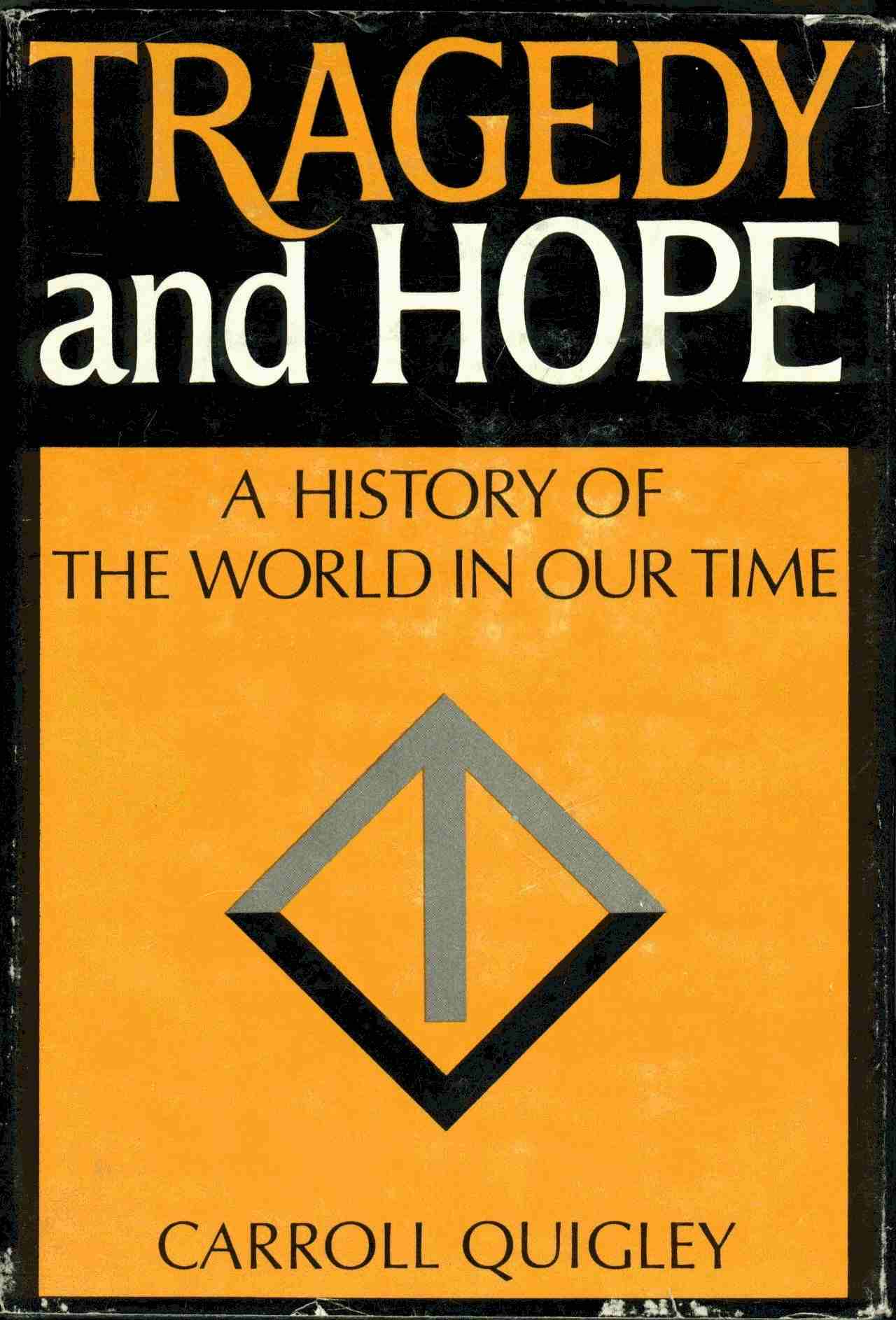
References and Quotes
I have yet to encounter anything describing specific strategies or philosophies coming from J.P. Morgan, though there's ample writing detailing the influence he and his organizations and foundations held. The Anglo-American Establishment and Tragedy and Hope: A History of the World in Our Time by Carroll Quigley both trace Morgan's role in the international finance networks that had cohered around Cecil Rhodes' Round Table groups. Here's a non-Morgan-centric example of Quigley's analysis of this network:
This same notion of German influence on American institutions occurred recently to a historian from Georgetown, Dr. Carroll Quigley.3 Quigley’s analysis of elements in German character which were exported to us occurs in his book Tragedy and Hope: A History of the World in Our Time. Quigley traced what he called "the German thirst for the coziness of a totalitarian way of life" to the breakup of German tribes in the great migrations fifteen hundred years ago. When pagan Germany finally transferred its loyalty to the even better totalitarian system of Diocletian in post-Constantine Rome, that system was soon shattered, too, a second tragic loss of security for the Germans. According to Quigley, they refused to accept this loss. For the next one thousand years, Germans made every effort to reconstruct the universal system, from Charlemagne’s Holy Roman Empire right up to the aftermath of Jena in 1806. During that thousand-year interval, other nations of the West developed individual liberty as the ultimate center of society and its principal philosophical reality. But while Germany was dragged along in the same process, it was never convinced that individual sovereignty was the right way to organize society.